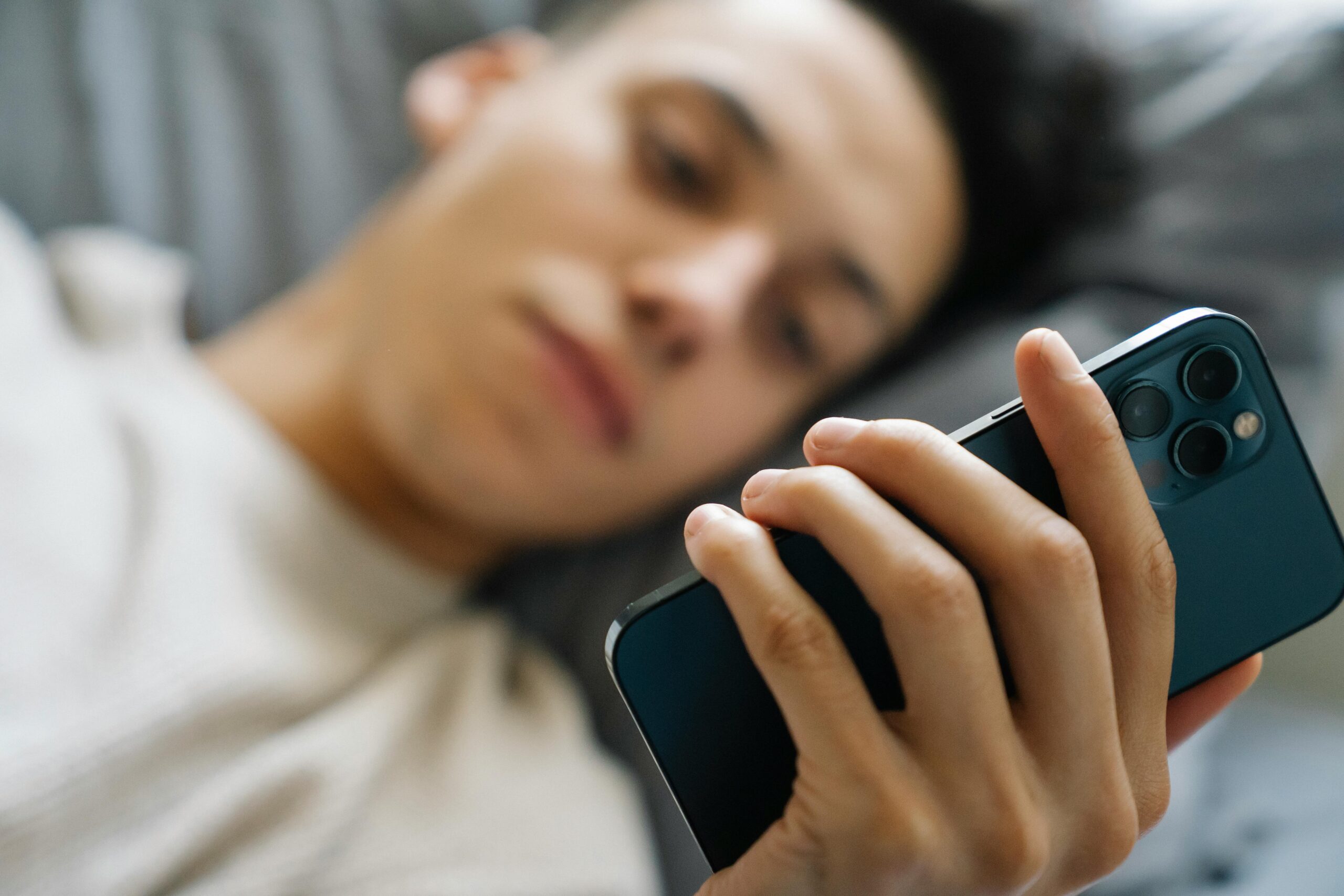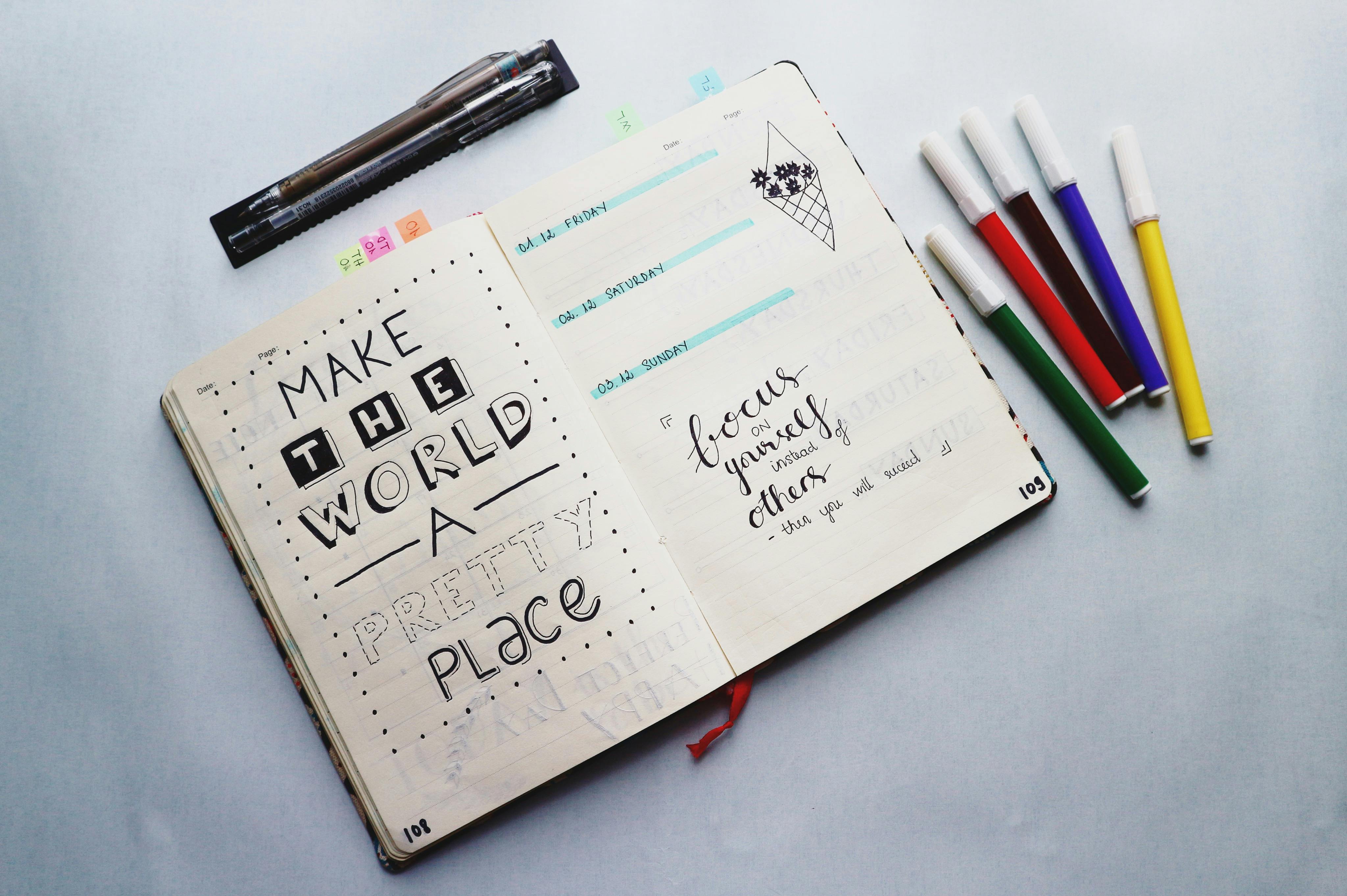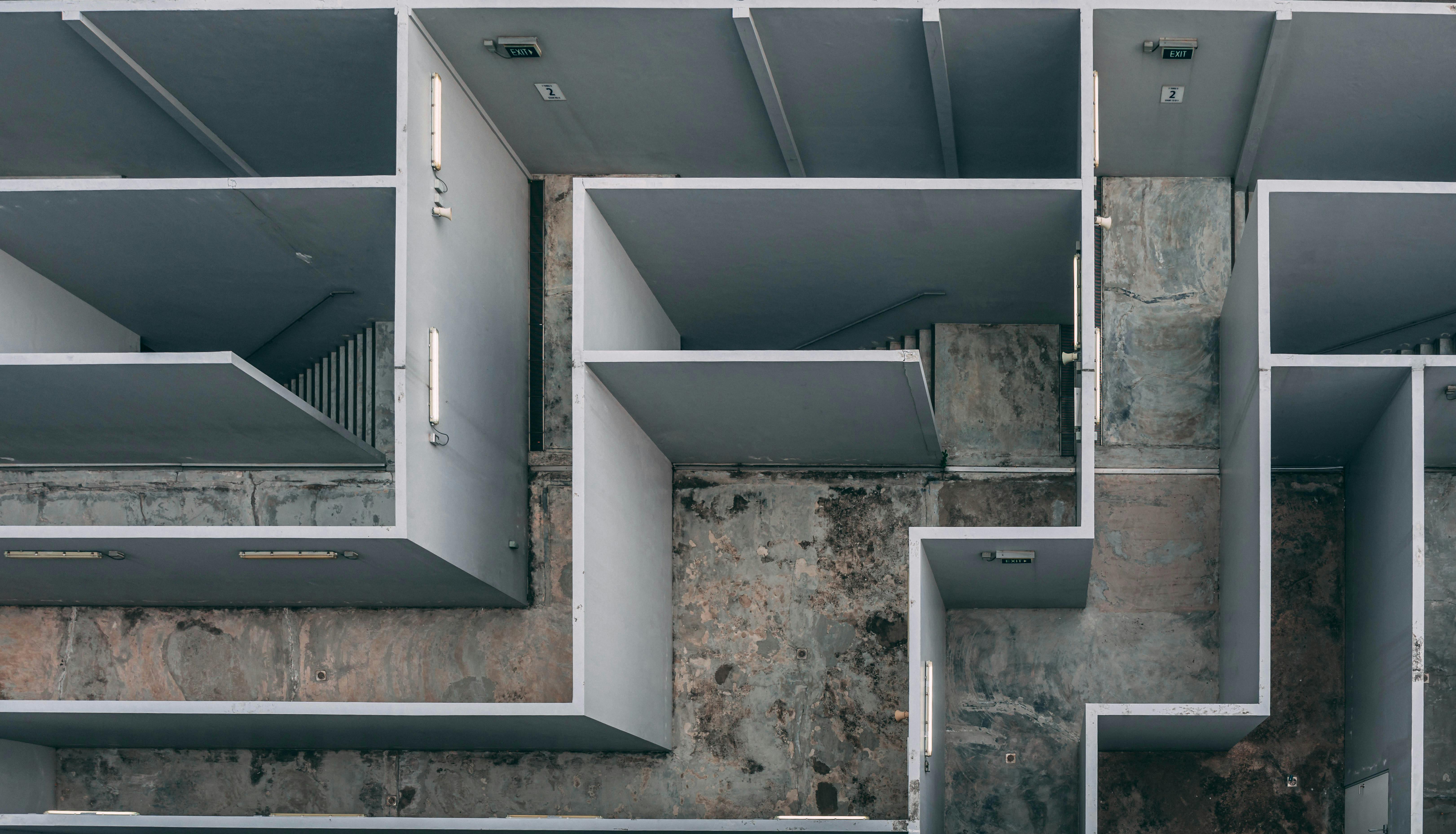Is too much social media use becoming unhelpful? Swiping, scrolling, double-tapping – in the ever-expanding digital universe, social media has become our spaceship. A world where staying updated is just a post away and connecting with friends across the globe requires only a click. But as we dive deeper into this digital universe, the line between helpful connection and harmful addiction blurs. Have you ever found yourself mindlessly scrolling at 3 AM, knowing you have an early meeting? Or having a sudden surge of inadequacy viewing someone’s holiday photos while you’re in your PJ’s eating cereal for dinner? If yes, then you, might be on the verge of excessive social media use. So, let’s explore: when does our digital lifeline start doing more harm than good?
The Clock Doesn’t Lie
In an era where every notification ping can feel like a siren call, it’s essential to start with something tangible and measurable: time. Digital wellness experts often suggest monitoring how many hours you spend on social media platforms as a starting point. Numerous smartphone apps and built-in features now offer detailed insights into your daily screen time, categorising the time spent on each app. A significant red flag is when your virtual interactions overshadow your real-life responsibilities and hobbies. Anything beyond the recommended limit of two hours a day, as suggested by some mental health professionals, could point toward excessive use. If you find yourself prioritising social media over face-to-face interactions or daily tasks, it’s a clear sign to reassess your digital habits.
Reality Check – Are You Living or Viewing
The phenomenon of “living for the ‘gram'” is becoming increasingly common, where moments are experienced through smartphone screens in the quest for shareable content. This constant hunt for validation through likes and comments can shift focus from enjoying the moment to curating a version of reality that might gain approval online. When the impulse to capture or share every experience overshadows the joy of living it, it signals an imbalance. Genuine experiences and connections are what enrich life, not the digital validation they may receive. If you catch yourself more concerned about how your life looks online rather than how it feels, it’s a wake-up call to re-evaluate your social media habits.

The Impact of Social-Media on Self-Perception
Social media often showcases idealised lives, leading users to compare themselves unfavourably with what they see, resulting in feelings of inadequacy, envy, and low self-esteem due to a distorted perception of normality and success.
Several psychological studies and research findings suggest a correlation between social media use and issues such as:
Increased Comparisons
Social media platforms facilitate endless opportunities for users to compare themselves against their peers and celebrities, often leading to feelings of inadequacy. This is sometimes referred to as “social comparison theory,” where individuals determine their own social and personal worth based on how they compare against others.
Lowered Self-esteem
Regular exposure to edited images and stories that seem to represent perfection can distort one’s self-image and lead to lower self-esteem. This effect can be more pronounced among teenagers and young adults, who are particularly vulnerable to external influences during critical stages of their self-identity development.
Heightened Anxiety and Depression
There’s growing evidence suggesting a link between heavy social media use and an increased risk of anxiety, depression, and other mental health issues. The pressure to measure up to unrealistic standards of success and happiness, often propagated by social media, can contribute to these feelings.
Fear of Missing Out (FOMO)
Social media also exacerbates FOMO, a pervasive apprehension that others might be having rewarding experiences from which one is absent. This can heighten feelings of anxiety and can lead individuals to constantly compare their experiences with those of others, often unfairly.
Steering Away from the Digital Storm – Digital Detox
The concept of a digital detox involves consciously reducing screen time, particularly on social media, to reclaim your time and mental well-being. This doesn’t have to be an extreme exercise; start by designating specific times of the day as no-screen times, such as during meals or an hour before bed. Committing to regular intervals when you consciously disconnect can enhance mindfulness, improve interpersonal relationships, and reduce stress. The key is consistency and finding a balance that enhances your life without making you feel deprived of digital connections.

Conclusion – Quality Over Quantity
Transforming your social media experience into something positive requires intentionality in the way you engage online. Begin by sorting your feed to include accounts that genuinely make you feel happy, inspired, or motivated. Unfollow or mute accounts that trigger negative feelings or contribute to unhealthy comparisons. Be selective about what you share, aiming for authenticity over perfection.
Engaging with social media mindfully means being present, intentionally choosing where to dedicate your attention, and remembering that behind every post is a person with their story, struggles, and successes.
By navigating the digital landscape with awareness and intentionality, we can transform our interactions with social media from compulsive scrolling to meaningful engagement. Recognising when social media use becomes unhelpful is the first step toward reclaiming both our time and mental health, paving the way for a more balanced, fulfilling digital experience.
Experience Healing, No Matter Where You Are. Discover Pinoy Therapy.









